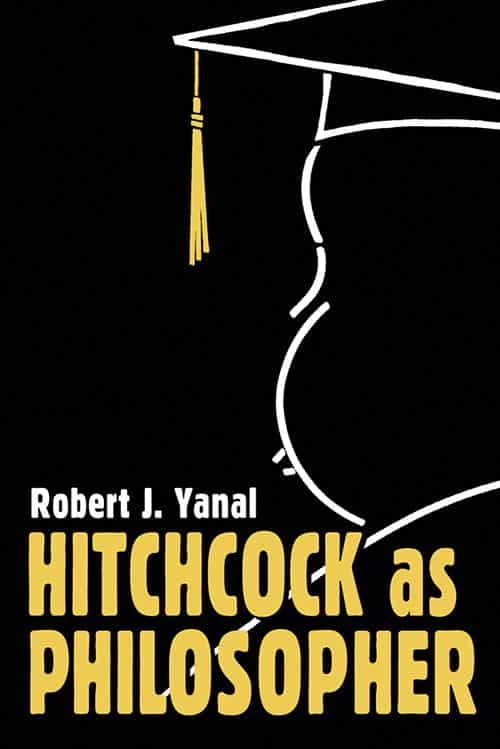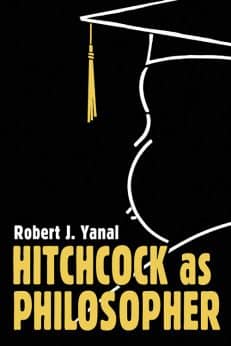Hitchcock as Philosopher
Original price was: $39.95.$31.99Current price is: $31.99.
In stock
About the Book
The films of Alfred Hitchcock deal heavily with psychological and philosophical themes, and one needn’t look very far into the canon to find them. In Psycho, for example, the personality metamorphosis in Marion Crane that leads her into grand larceny is a pale double of the murderous oedipal divide in Norman Bates. In The Birds, overbearing natural mutations turn what might have been a “creature feature” into a film about fear of the unknowable.
This book looks at 12 Hitchcock films and the positions they put forth on three problem areas of epistemology: deception, knowledge of mind, and problematic knowledge of the external world. These philosophical concepts are explained and woven into the author’s thorough and thought-provoking discussion of each film. Descartes and Wittengenstein star; Plato, Locke, Hume, Kant and Kierkegaard also make appearances in this new “philosopher’s cut” of the master’s works.
About the Author(s)
Bibliographic Details
Robert J. Yanal
Format: softcover (6 x 9)
Pages: 216
Bibliographic Info: photos, notes, bibliography, index
Copyright Date: 2005
pISBN: 978-0-7864-2281-4
eISBN: 978-0-7864-8230-6
Imprint: McFarland
Table of Contents
Acknowledgments vii
Preface 1
1 Hitchcock as Philosopher 3
I. DECEPTION
2. The Problem of Deception 13
3. Rebecca’s Deceivers 16
4. The End of Suspicion 31
5. Vertigo 47
6. North by Northwest 67
II. MIND
7. On Knowing a Mind 81
8. Shadow of a Doubt 84
9. Strangers on a Train 100
10. Psycho 115
11. Marnie, Spellbound 126
III. KNOWLEDGE
12. Problematic Knowledge 145
13. Rear Window 148
14. The Man Who Know Too Much 163
15. The Birds 175
Chapter Notes 191
Bibliography 199
Index 203
Book Reviews & Awards
“well written”—Philosophy Now; “a refreshingly straightforward, engaging volume”—Hitchcock Annual.





